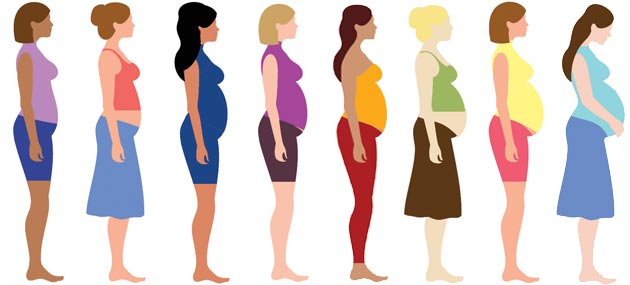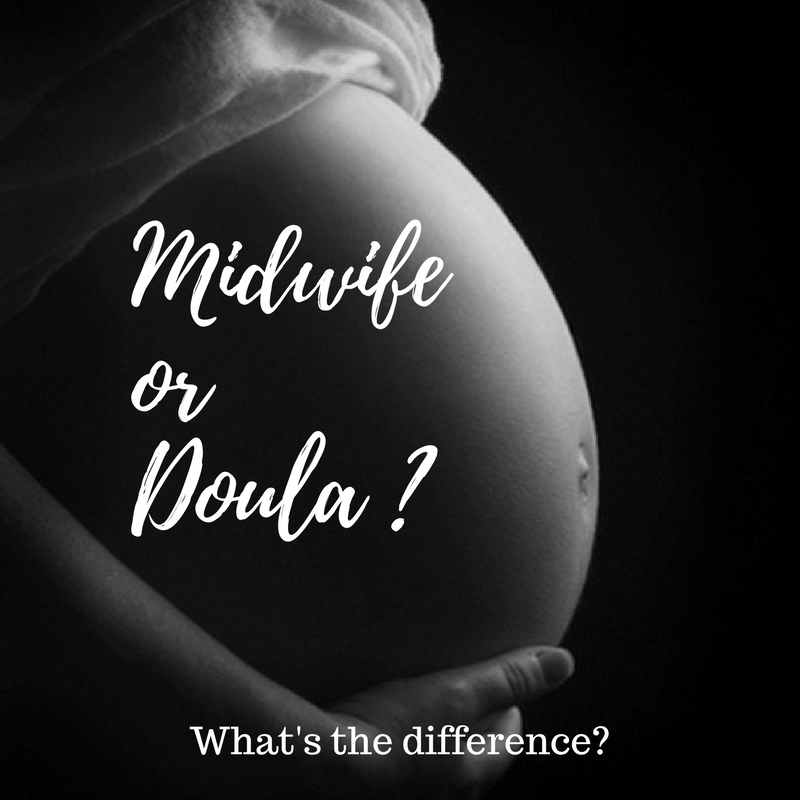I was recently asked this question and thought it would be good to clarify these two distinctive and complementary professions for women in pregnancy and beyond.

Like myself, a Private Midwife is a fully qualified midwife who has chosen to practice on a self-employed basis outside the NHS. Private midwives will provide one-to-one care, meaning that the woman sees the same midwife at every appointment and throughout their care. Research has highlighted the benefits this level of care has for women’s health and care in pregnancy and also in adjusting to life with a newborn. It is very topical at the moment, as even the UK government, are identifying the benefits of this level of care for women in pregnancy. Having a private midwife does not mean that you will not receive NHS care and many private midwives work alongside a woman’s NHS care provider. Private midwives are able to provide women with consistent advice and they have the time and opportunities to develop a relationship with their client over the pregnancy and beyond. It is this relationship that is so important in building a level of trust and understanding between a woman and her midwife.
Private midwives are subject to the same regulations as NHS midwives and are required to undergo the same level of checks and reviews as midwives working in hospitals. They are fully qualified by law and must provide evidence that their knowledge, practice and training are up-to-date. Additionally, many private midwives will undergo extra training in order to provide a broader spectrum of care and support for women in their care. They must be registered to practice with the Nursing and Midwifery Council UK (NMC) and have appropriate insurance for their practice.

A Doula is a woman who has trained to offer physical, emotional and educational support to women who are pregnant, during labour or who has recently given birth. They cannot offer medical advice to the woman. However, Doulas can offer support, practical help and provide advocacy for the woman. They can also help to support women at home after they have had their baby. They to, have the time and ability to build a relationship with the woman and her family ensuring there is a level of trust of understanding that is vital throughout labour.You will usually pay a Doula for her services and prices can vary. Although voluntary, it is preferable that a trained Doula is registered with a body and has appropriate insurance.
To clarify a private midwife can provide clinical care and advice throughout pregnancy and the postnatal period in an environment and time that suits the woman. A midwife can provide a woman and her family with emotional support in pregnancy, and after the baby is born. A Doula can provide this invaluable emotional support throughout this time as well as during the labour but is not a qualified midwife.
To highlight the different but equally vital roles of these professions please see the table below:
| A doula can: | A private midwife can: |
|
|
|
|
|
|
|
|
Both roles have be shown to: reduce risk of caesarean section rate, reduce instrumental delivery rate decrease rate of stillbirth and improve breastfeeding success rate and increase the positive parental perception of care provision*.
The ultimate package of care for any expectant mother could be your one-to-one midwife prenatally and postnatally, a doula during and after birth, with your named midwife providing the medical care for you and your baby in the postnatal period.

Every woman has different needs at this important time in their life. Both Doulas and Private Midwives offer vital support to women and their families, just in different ways. These professions can work together to make sure that women feel fully supported, informed and happy throughout pregnancy, birth and beyond.
References:
*Hodnett ED, Gates S, Hofmeyr G, Sakala C. Continuous support for women during childbirth Cochrane Database of Systematic Reviews 2013 Available here
